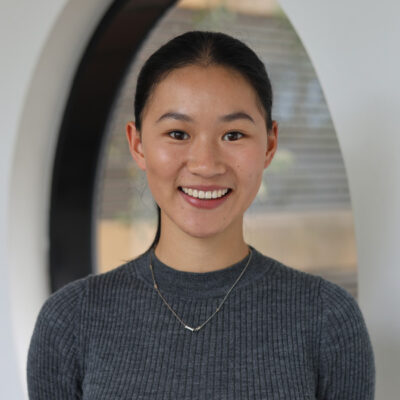When patients arrive at hospital with an out-of-control viral infection, such as influenza, there are currently limited drugs available to help. The Tate group is identifying new treatments that limit damaging inflammation and the ability of respiratory viruses to replicate in the lung.

Research group
Overview
In Australia, hospitalisations and deaths from influenza have risen over the decade – around 3500 Australians die each year and 18,000 are hospitalised.
Associate Professor Michelle Tate, and her team are investigating how inflammation turns from protector to destroyer in severe and fatal viral infection such as influenza, COVID-19 and lifelong chronic lung diseases, chronic obstructive pulmonary disease (COPD) and silicosis.
During a severe viral infection your immune system overreacts causing out-of-control inflammation that can turn fatal. Patients who experience this hyperinflammatory response usually only seek hospital treatment after several days of symptoms, by which point there are no effective targeted drugs or therapies to limit the development of the life-threatening viral infection.
By studying the steps and processes involved in the induction and regulation of a hyperinflammatory response, A/Prof Tate and her team are identifying therapeutic targets and treatment strategies to limit hyperinflammation and save lives.
“Without effective drugs to treat damaging inflammation, we will always be at risk. The threat of new viruses emerging and causing widespread devastation is always present,” said A/Prof Tate.
Diseases we research
Areas of focus
- Tackling hyperinflammation and severe influenza
- Novel host-directed therapies for influenza
- Developing new drugs to reduce silicosis lung disease
Research Group Head | Associate Professor Michelle Tate
The COVID pandemic has shown that vaccines, which take time to develop and roll out, can’t be relied on. We need new host-targeted drugs that can be stockpiled for rapid use to save lives for the next pandemic – which is inevitable.

News from the lab
Student opportunities

Publication highlights







